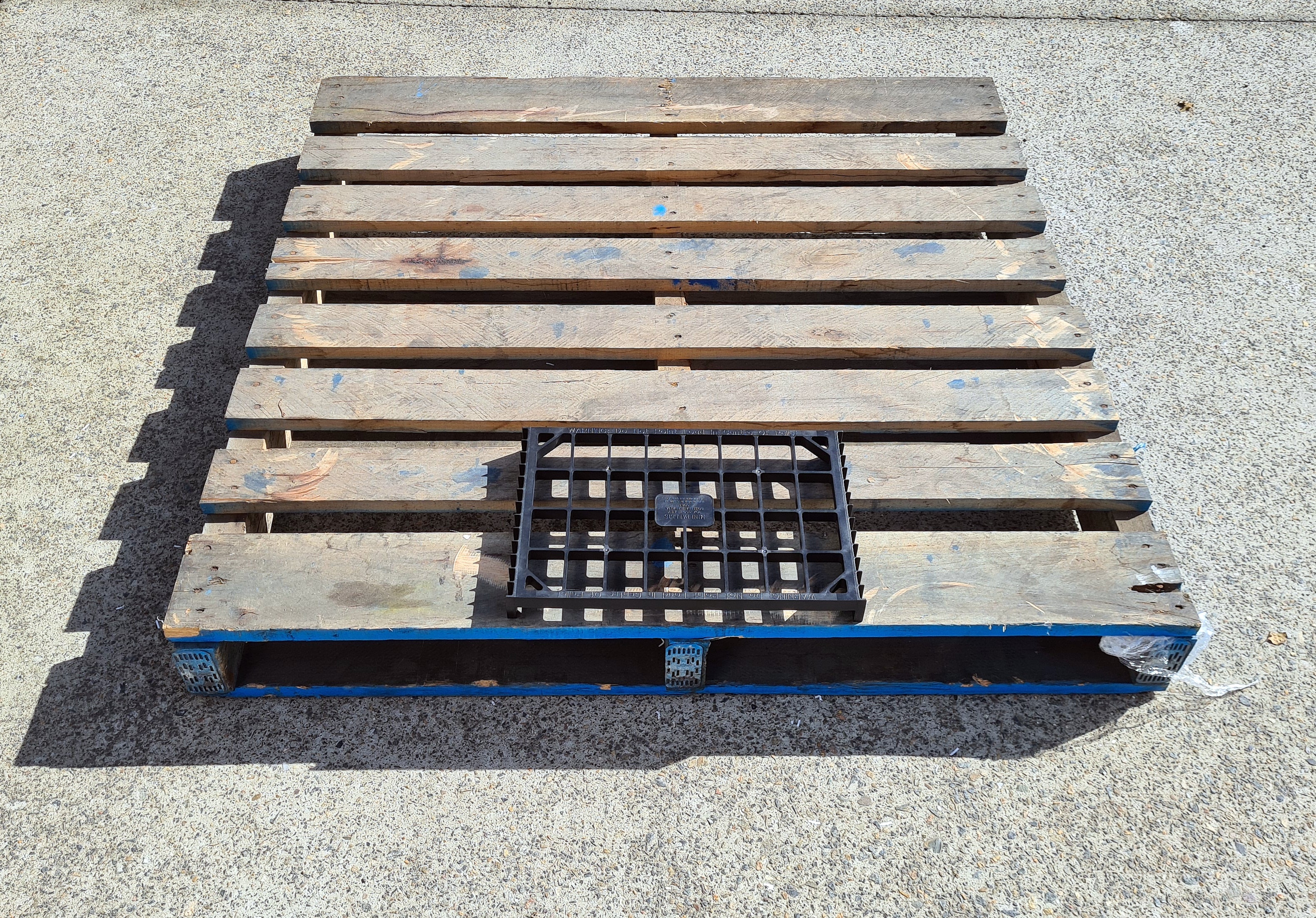
How big are pallets?
| James Christie
Understanding Pallet Sizes and the Importance of Standardization
Pallets are an essential component of the modern supply chain, providing a sturdy and reliable platform for the storage and transportation of goods. Pallets come in a variety of sizes, each with its own unique set of characteristics and benefits. In this article, we'll take a closer look at pallet sizes and the importance of standardization, with a particular focus on the brand name Chep.
Standard Pallet Sizes in Australia
In Australia, the most commonly used pallet size is the standard pallet, which measures 1.2 meters by 1 meter. This size is known as the "A-type" pallet and is used extensively in the country's warehousing and logistics industry.
Other common pallet sizes in Australia include the "B-type" pallet, which measures 1.2 meters by 1.2 meters, and the "C-type" pallet, which measures 1.4 meters by 1 meter. These pallets are used for a variety of different applications and industries, including construction, retail, and manufacturing.
The Importance of Standardization in the Pallet Industry
Standardization is critical in the pallet industry, as it allows for the efficient movement of goods between different parts of the supply chain. Standardized pallet sizes make it easier to load and unload trucks, move goods through warehouses, and stack pallets on container ships.
One of the leading players in the Australian pallet industry is the brand name Chep. Chep is a global provider of pallet and container pooling services, with a strong presence in Australia and around the world. Chep is committed to the principles of sustainability and efficiency, and its pallets are designed to be used, reused, and recycled as part of a closed-loop system.
Chep's standard pallet sizes are designed to meet the needs of a wide range of customers and industries. The company's A-type pallet, for example, is suitable for use in both manual and automated handling systems and can be stacked up to seven high. The B-type pallet, on the other hand, is ideal for use in automated handling systems and can be stacked up to nine high.
In addition to its standard pallet sizes, Chep also offers a range of specialized pallets for specific applications. These include pallets with a raised edge, designed to prevent goods from falling off the sides, and pallets with a ribbed deck, which provide added stability and support.
The Benefits of Using Chep Pallets
There are many benefits to using Chep pallets in your supply chain. Here are just a few:
-
Cost-effective: Chep pallets are designed to be used, reused, and recycled, which means you don't have to constantly purchase new pallets. This can help to reduce your overall costs and improve your bottom line.
-
Sustainable: Chep is committed to sustainability and has implemented a number of initiatives to reduce its environmental impact. By using Chep pallets, you can help to reduce waste and support sustainable practices in the pallet industry.
-
Versatile: Chep's range of standard and specialized pallets means you can find a solution that meets your specific needs. Whether you're looking for a pallet for manual handling or one that can withstand the rigors of automated systems, Chep has you covered.
-
Reliable: Chep is a trusted name in the pallet industry, with a reputation for quality and reliability. When you choose Chep pallets, you can be confident that you're getting a product

